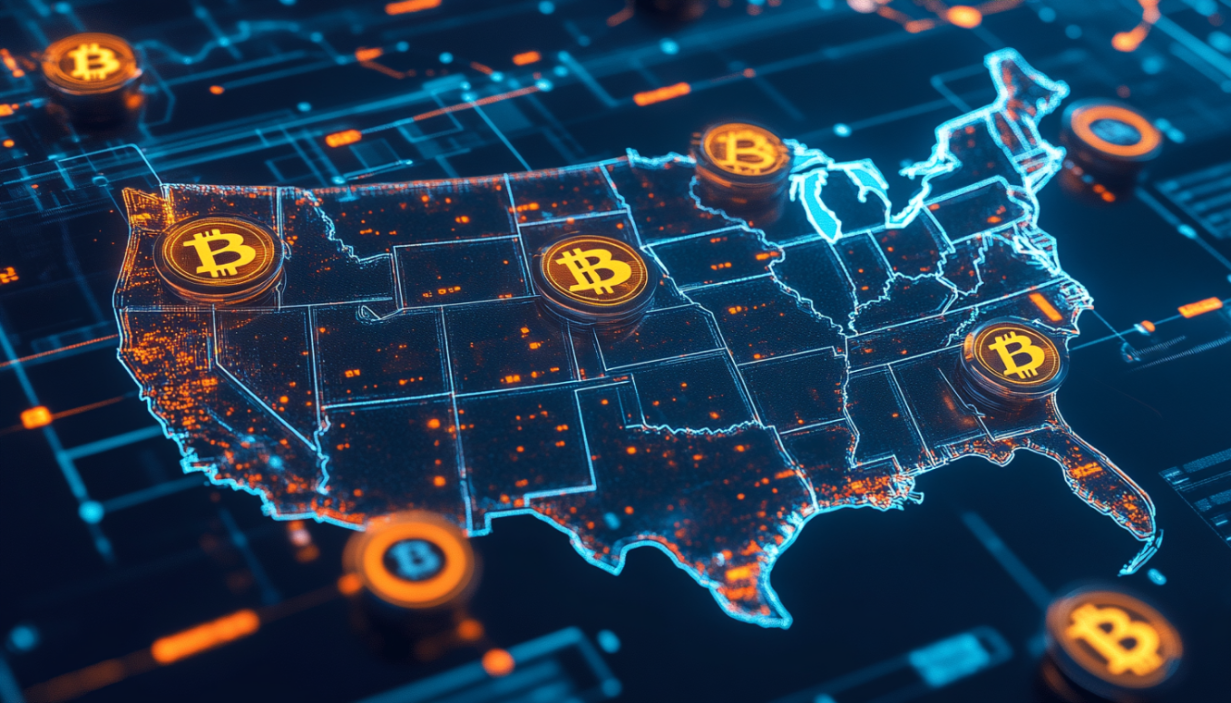Crypto Founders Increasingly Turn to Geofencing
By Olivier Acuña | TH3FUS3 Chief Editor
October 1, 2024 01:32 PM
Reading time: 2 minutes, 11 seconds
TL;DR Crypto founders are increasingly turning to geofencing to navigate the murky regulatory landscape in the United States. This drastic measure is seen as a compliance strategy to block users in jurisdictions with stringent regulations. The trend is gaining traction as more jurisdictions worldwide tighten crypto regulations.

Crypto founders are increasingly exploring geofencing—the act of blocking users in certain jurisdictions—as an 'extreme solution' to regulatory uncertainty in the United States.
The Rise of Geofencing
In a post on X on Sept. 30, Variant Fund chief legal officer Jake Chervinsky said that many crypto founders are considering geofencing as a compliance strategy. U.S. regulators continue their war on crypto, pushing companies to explore drastic measures.
Geofencing means stopping people in a particular 'geography' from accessing a product by creating a virtual 'fence' around it. Chervinsky shared a guide summarizing how to properly geofence.
Geofencing can be a fallback option for a compliance strategy if a company cannot comply with regulations such as providing disclosures and KYC (Know Your Customer).
The company or protocol could block users in a country with strict compliance requirements, in this case, the United States. However, Chervinsky said it was an extreme solution:
'It's a pretty extreme solution to the problem of regulatory uncertainty -- completely abandoning the U.S. market -- but sometimes there's just no other way.'
Global Regulatory Clampdown
According to TRM Labs, in 2023, 17 jurisdictions, representing 70% of global crypto exposure, tightened their crypto regulations.
DeFi protocol Sky rebranded from Maker in August and courted criticism after blocking VPN access for its Spark Protocol. This was done to prevent U.S. users from accessing the protocol, but it also blocks all IP addresses associated with VPNs regardless of location.
The world's largest crypto exchange, Binance, also geofences. If a user tries to access it from a U.S. IP address, it displays the notice that 'Binance.com is unavailable in your country or region.'
Meanwhile, Ethereum restaking protocol Eigenlayer blocked users from 30 countries, including the U.S., Canada, China, and Russia, from claiming its airdrop in April. The Solana-based decentralized exchange Orca has also blocked U.S. users from trading using its web interface.
Best Practices for Geofencing
Chervinsky's geofencing guide offers some best practices for geofencing. These include using available information such as IP addresses and GPS data to identify U.S. users and blocking them using multiple methods, such as IP blocking, attestations, and VPN monitoring.
It also suggested using infrastructure outside the United States, minimizing American-based hardware and personnel, and using non-U.S. servers and cloud services.
Adopting a geofencing strategy can have some advantages for the company. 'Tailored geofences using advanced geolocation data help crypto firms expand into new markets while maintaining compliance,' said compliance solutions provider GeoComply in a September blog post.
Nevertheless, geofencing 'is an extreme and costly measure to ensure compliance with U.S. law,' concluded Chervinsky.



